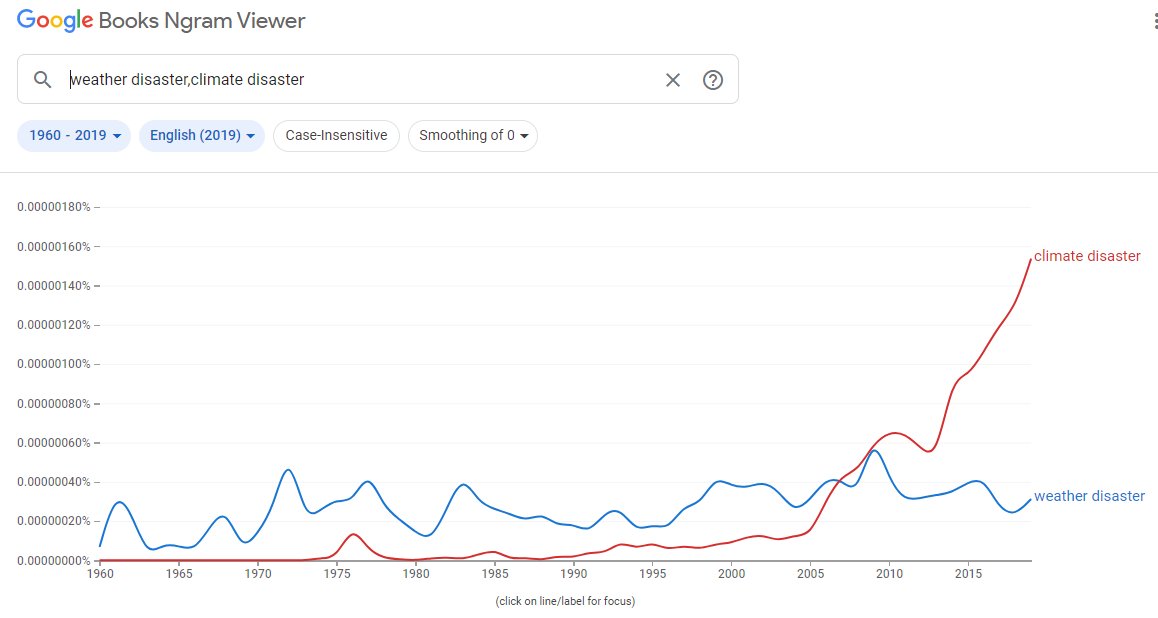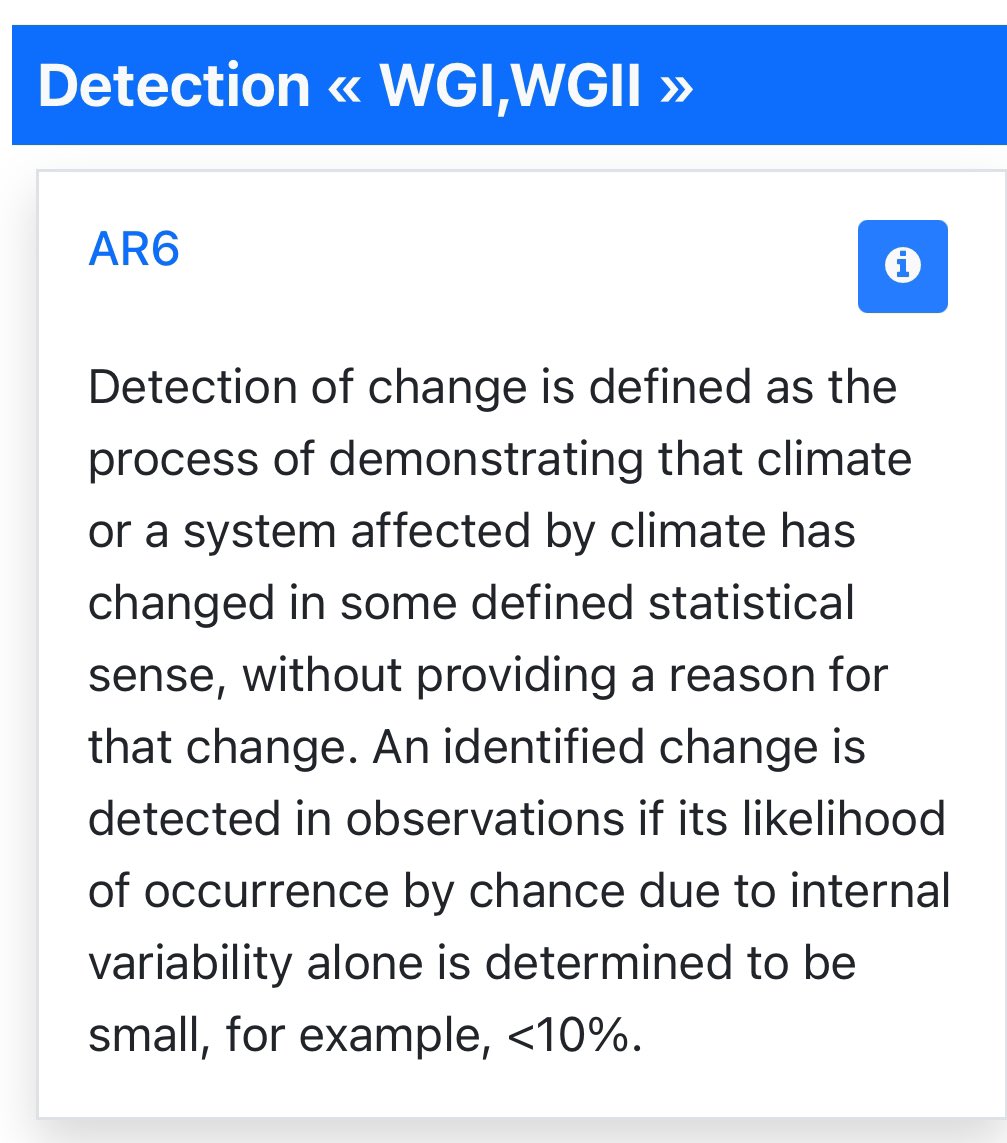The IPCC definition of "climate change" as a detectable change in the statistics of weather (and outcome metric) has been increasingly rejected in favor of "climate change" defined as a causal actor that changes weather
These definitions are 100% incompatible
These definitions are 100% incompatible
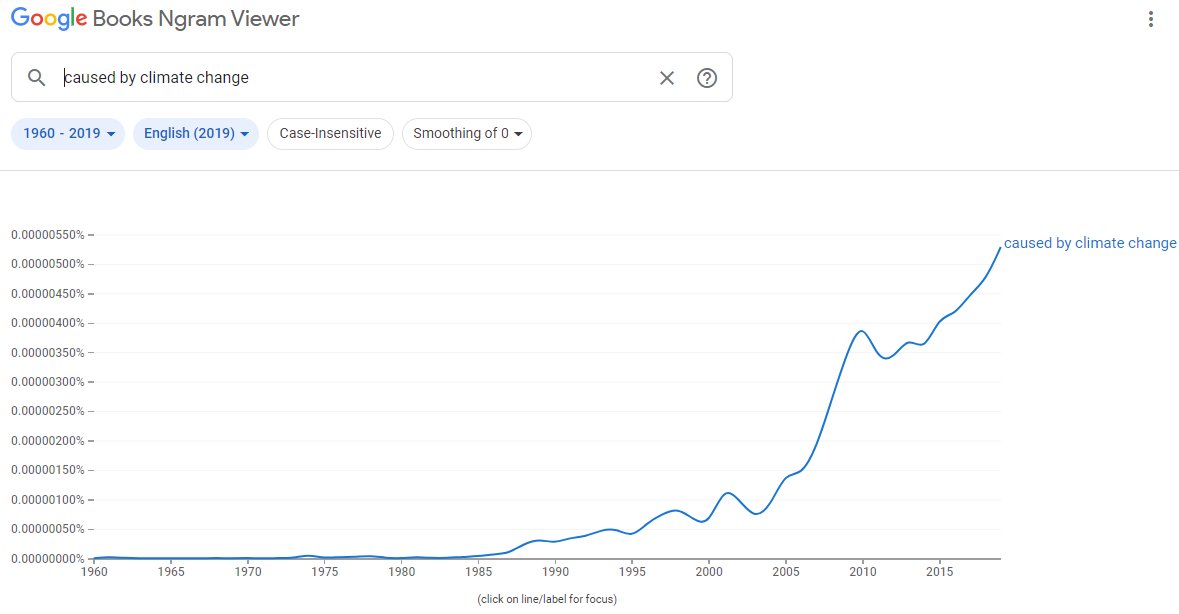
17 years ago I wrote about how the different definitions of "climate change" used by the FCCC and IPCC was problematic for connecting science and policy
sciencepolicy.colorado.edu/admin/publicat…
The increasing use of "climate" (or "climate change") as a causal actor adds to this dissonance
sciencepolicy.colorado.edu/admin/publicat…
The increasing use of "climate" (or "climate change") as a causal actor adds to this dissonance
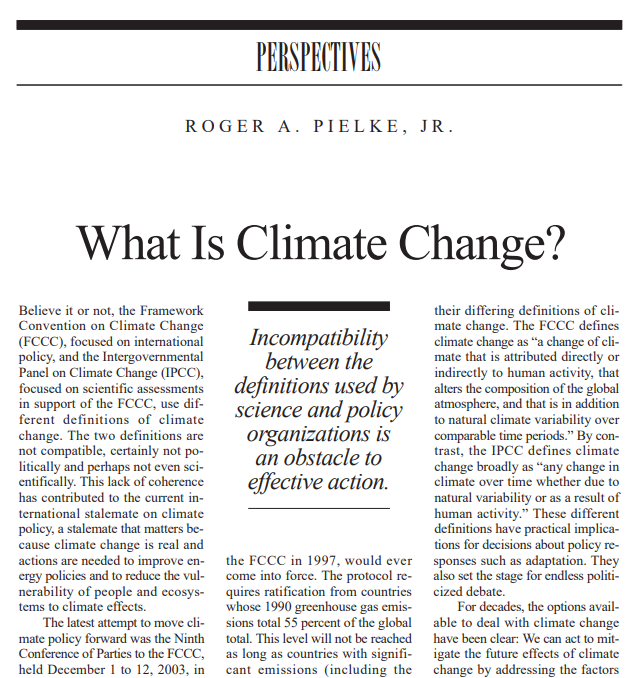
I hypothesize that today "climate change" is used often today as shorthand to refer to "emissions" (GHGs or CO2)
So instead of:
emissions-->alter weather statistics over 30 yrs+
we get:
climate change-->alters weather
So instead of:
emissions-->alter weather statistics over 30 yrs+
we get:
climate change-->alters weather
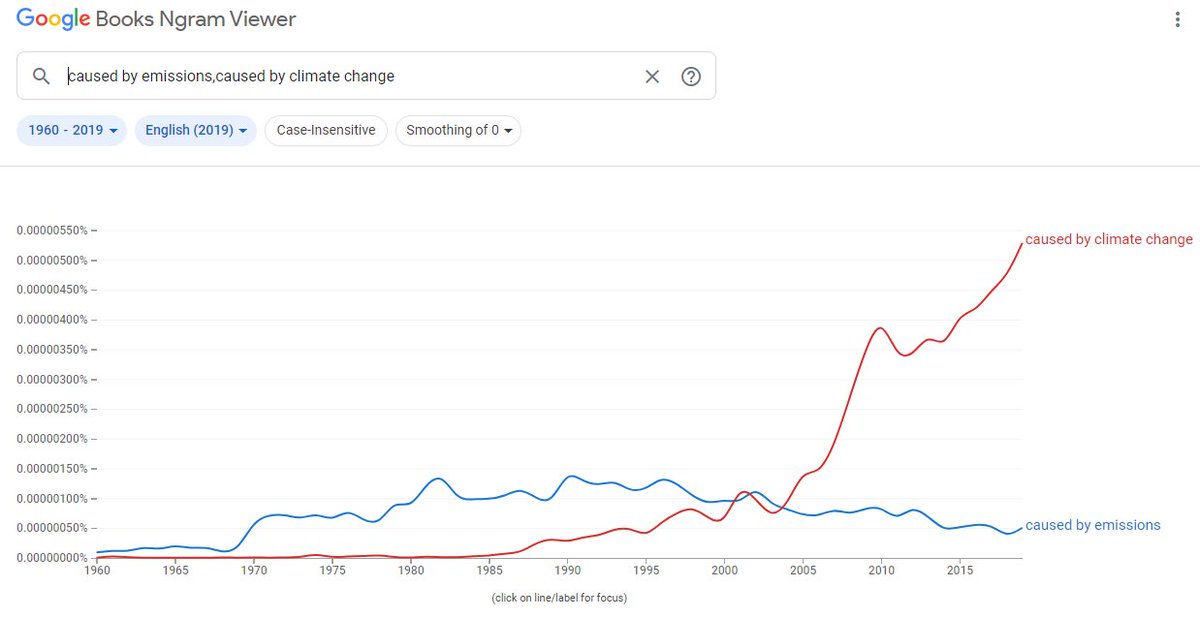
One casualty of our changing conception of "climate change" has been the notion of "climate variability" 
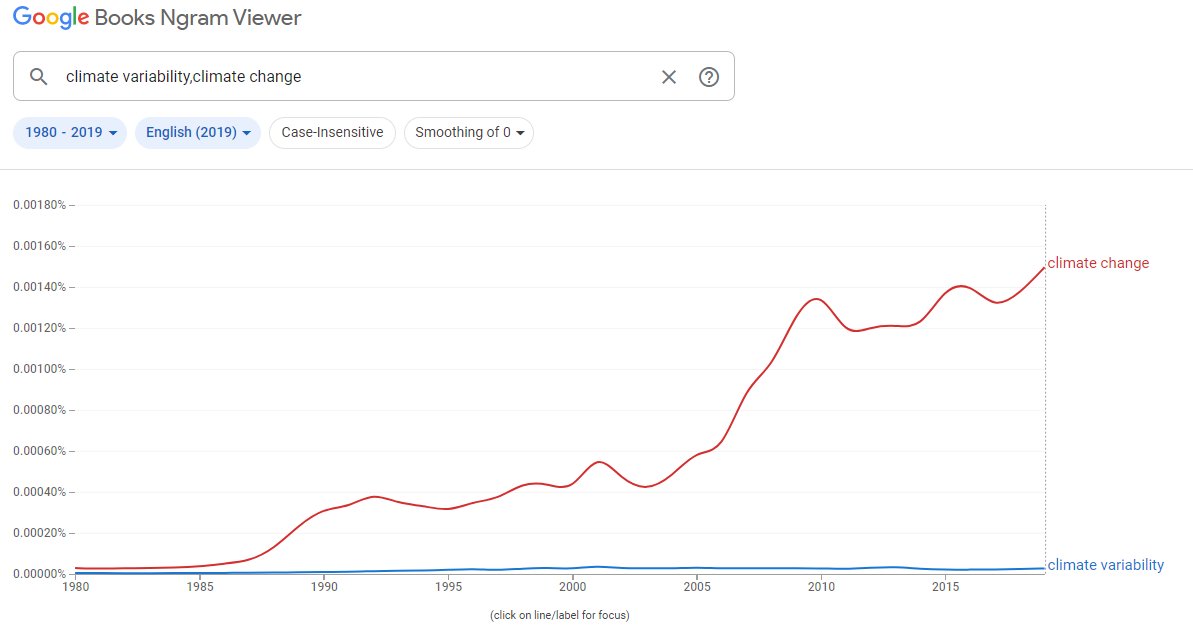
As "climate change" has been redefined as a cause of weather & "climate variability" has been de-emphasized so too has the focus on detecting changes in climate (statistics) in favor of attributing weather events to climate (a cause)
The IPCC D&A framework may be on life support
The IPCC D&A framework may be on life support
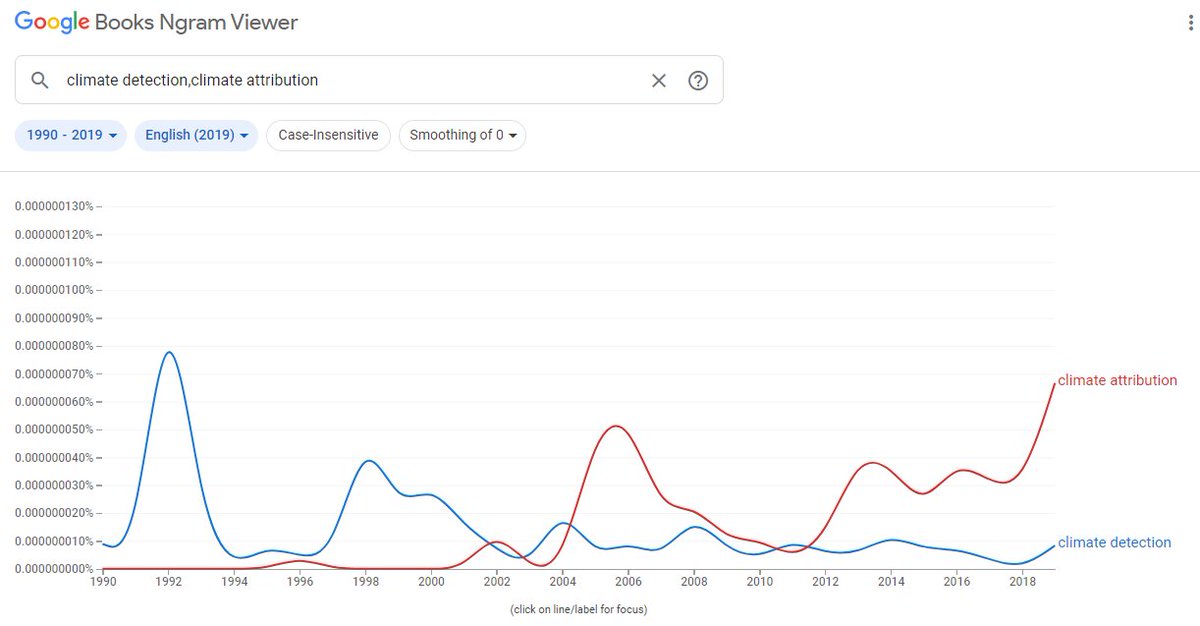
• • •
Missing some Tweet in this thread? You can try to
force a refresh

